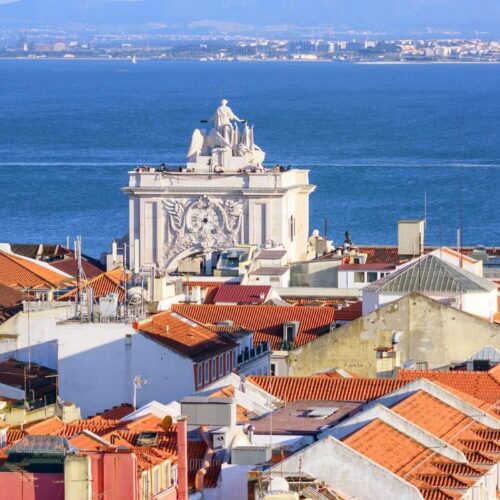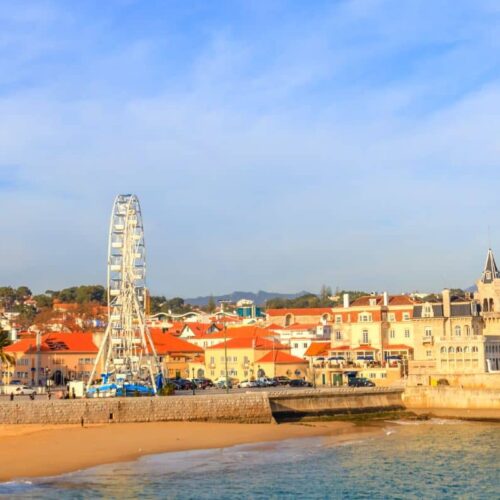USA - Land of Opportunities


Have questions or eager to plan your move?
info@movetocascais.com
+351 910 066 171
Avenida Aida 295, bloco 8 esq 224, 2765-187 Estoril, Portugal



